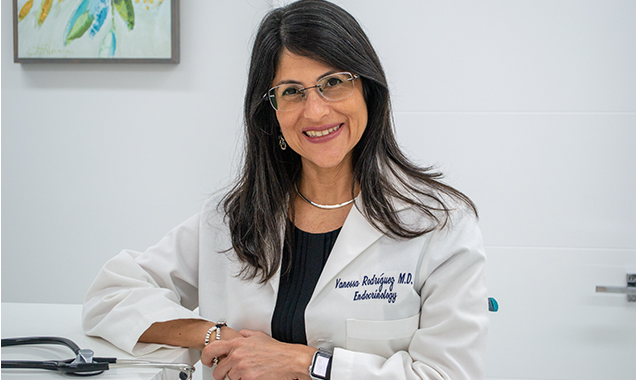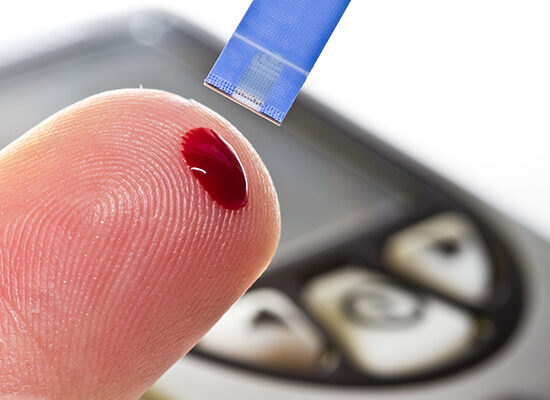As a patient with Type 1 diabetes since I was 15 years old, I fully understand what it is to live a healthy life with diabetes using an insulin pump. I am committed to educating my patients on how they can live fully and manage their conditions successfully. I enjoy all aspects of endocrinology like thyroid disease and osteoporosis but find particularly fulfilling helping patients with diabetes during their pregnancies and helping young adults successfully transition to an adult endocrinologist.
After earning my medical degree at the University of Puerto Rico School of Medicine in San Juan, I completed my residency in Internal Medicine and fellowship in Endocrinology and Metabolism at the University of Texas Medical Branch (UTMB) at Galveston. I also completed a preceptorship at the International Diabetes Center in Minneapolis, Minnesota, through the Endocrine Fellows Foundation.
I am a fellow of the American College of Endocrinology with a Certification of Neck Ultrasound from the American Association of Clinical Endocrinology. I am also a member of The Endocrine Society, the American Association of Clinical Endocrinologists, and the American Diabetes Association. I am also a member of the Colegio de Médicos Cirujanos de Puerto Rico. I can serve patients living in Florida and Puerto Rico, where I am licensed to practice.
I am fully fluent in English and Spanish, my native language.





















